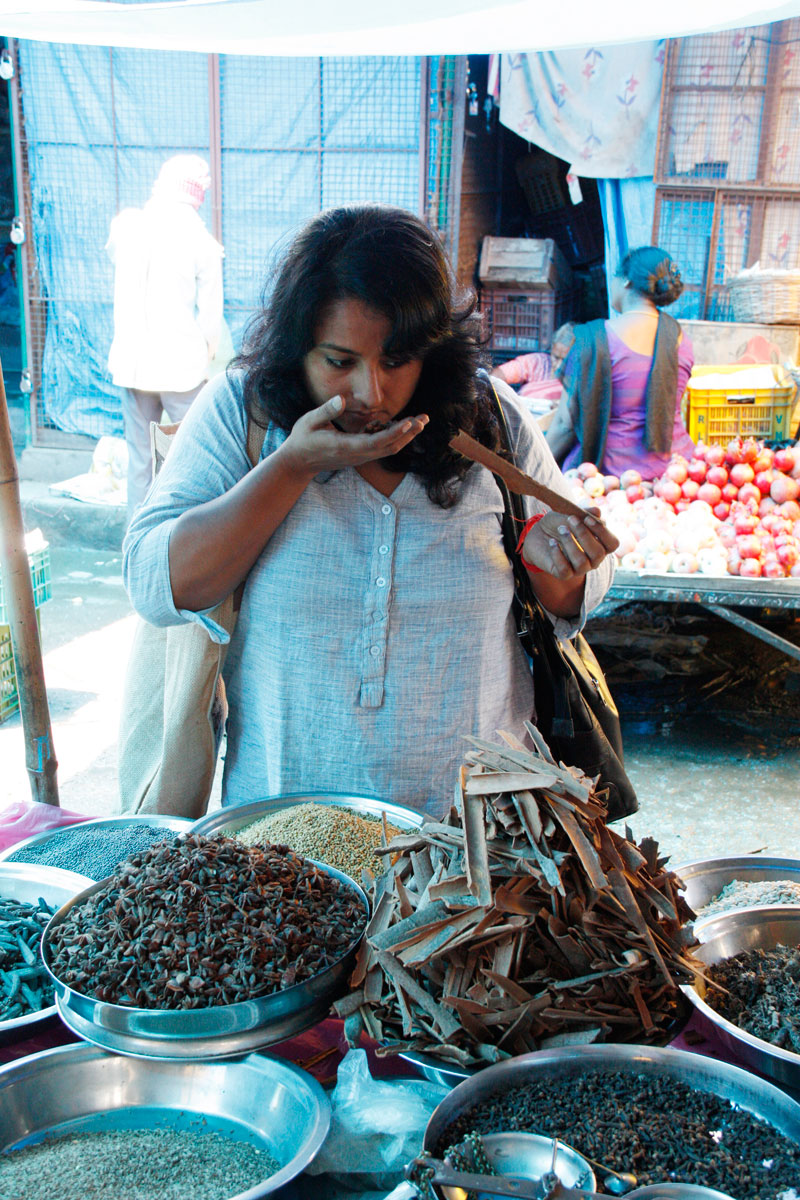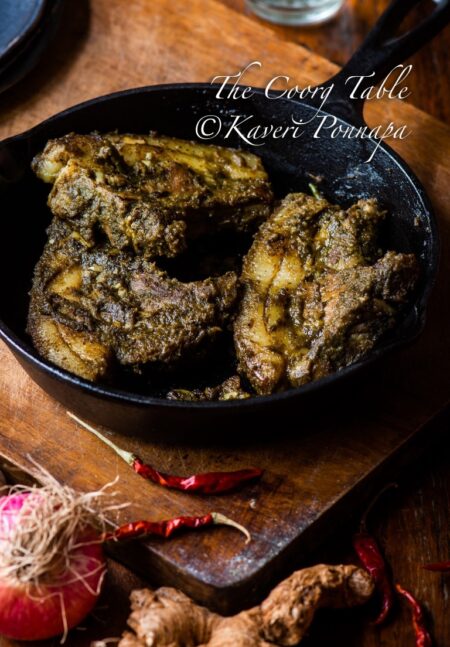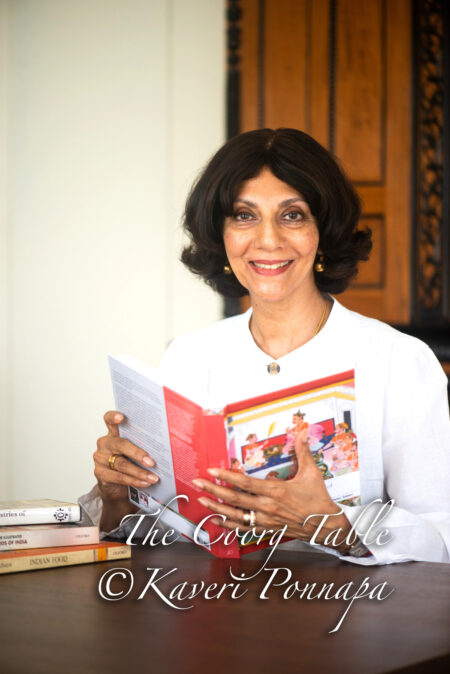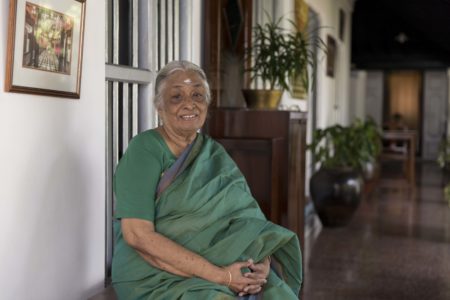On a mild, late winter morning, I stood beside a small food cart at Patterghati, in Hyderabad, licking the syrup that had trickled out of the hot, sweet jalebis, some of the best I had ever crunched my way through, off my fingers. A shaft of early sunlight slanted across to highlight the kadhai where the owner was busy frying fresh batches and threading them through skewers. As I ate the last mouthful, he quickly wrapped something in a twist of paper and handed it over –I opened the package, curious. Small bits of fried namkeen were wedged in the paper, a little finishing touch to cut the sweet of the jalebi. Passersby rushing to work stopped to quickly pick up the combination, and carried on with their day. All around us, the old city of Hyderabad was awake, and eating.
Back in the days when we were serious connoisseurs of good food –but didn’t know it yet, because the word ‘foodie’ hadn’t appeared on the horizon, we were all so rooted in our cuisines, immersed in the unselfconscious pursuit of daily, specialized treats that there was no time to do anything like form food clubs, or write blogs. Everyone simply knew where the best food was and went about eating it: at our own tables; down the by lanes of the small towns and cities where we lived, in stately homes and palaces, part of the royal heritage of India. Somewhere in the flux of social and economic change, and migrations, our deep ties with food were loosened, as we forged new identities in other locations. The last decade has seen a huge renewal of interest in city after city across the country, with new generations waking up to the immense possibilities of food in India and heading back down those same by lanes that were left behind not so long ago. There is also a new kind of entrepreneur, willing to enter the relatively uncharted territory of upscale, thoroughly researched food tours.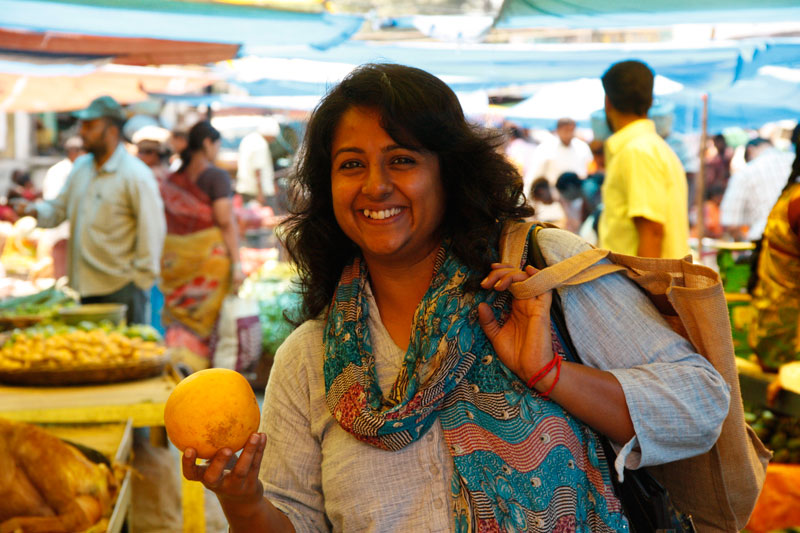
I’m in old Hyderabad with Jonty Rajagopalan, an XLRI graduate who exchanged several years of sales and marketing experience in the corporate world with Titan, and working with the Bill Gates Foundation, to set up Detours in 2008, her company that customizes travel and food experiences in India. We have already made a stop at Char Kamaa, near the intriguingly named Mitti ka Sher for the tava vadas and tava idlis and assembly line dosas at Govind’s, another street cart where there’s a constant ebb and flow of people on their way to work scooping up the spicy, fresh platefuls that come off the tava. Over the next few days, Jonty would chart a course that crisscrossed the city, through marble palaces haunting in their faded beauty and the congested lanes of the old city, reached after the silence and delicate tracery of marble filigree work at the Paigah tombs. She would take the chaos and overlap of the city, pick up threads, and follow them unerringly, weaving in the magnificent history of Hyderabad, set on outcrops of ancient rock at the crossroads of the North and South. Telangana, Andhra, Persian, Qutab Shahi and Mughal culinary, social and cultural influences mingle in the kitchens of this city, with the Royal flag of Hyderabad, inspired by a mystical association with the kulcha and a saint’s blessing on the founder of the Asaf Jahi dynasty flying high above it all.
Each Detours experience is curated, the focus altered according to a client’s particular interest. We began a day with helpings of rich nihari and paya served from vessels big enough to fit a couple of goats, soaked up with kulchas, at Rumaan. A small snack of the evocatively named Dilkhush, Dlipasand and Osmania biscuits with a cup of very sweet tea at Nimrah Bakery followed, and everything wound up with dinner at Aish, the elegant Indian restaurant at the Park Hotel, where Chef Mandaar Sukhtankar has trawled the small street kiosks and stately homes for flavours and spent many hours delving into the food traditions of the region to recreate some of the city’s classic dishes as polished of modern classics.
Somewhere in between all this was a stop at Pramada’s, which sells local homemade pickles, unusual papads and an amazing variety of complex chutney podis that is one of the hallmarks of Andhra cuisine; the jovial owner urges you to sample and taste the products, and helpfully sells airtight boxes in which you can cart all your purchases home. Jonty moves with such ease through the city, past street carts, in and out of tiny eateries where she is always welcome, carrying us along in her wake, that never for a moment did I feel a voyeuristic tourist or a food gawker, but somehow part of the city’s experience. For someone who has grown up in small towns across the country and still recalls the taste of tikkis in Indore, kufi in Mhow and all the wonders of Chandini Chowk, wandering the streets of Hyderabad with Jonty is the real thing, an experience as good as it gets.
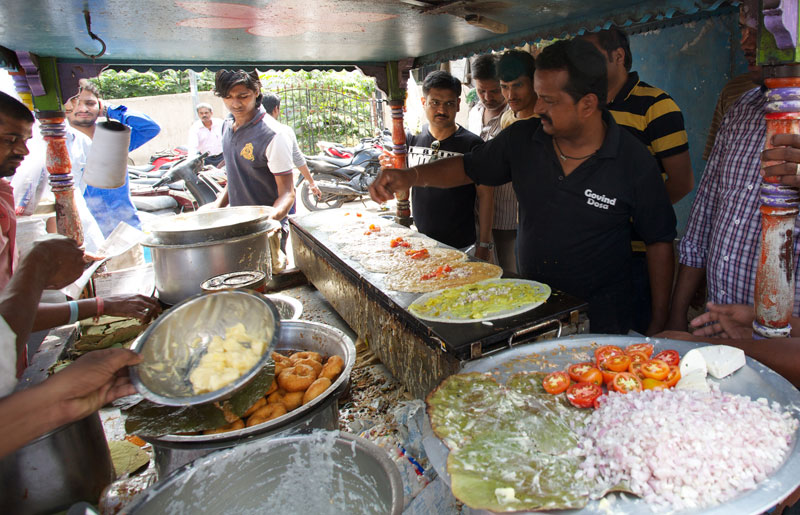
Lunch one afternoon is talava gosht at Shahdab, so tender and so perfect that it is sold out before we can order more than a single platter, and we have to comfort ourselves with their excellent biriyani. And there is much more than biriyani and kebabs here –the culinary exchanges that began so many centuries ago, bringing tamarind and gongura to Mughal dishes is still going on. Jonty observes that locally farmed Emu meat makes a popular haleem; dosas are part of Ramzan fare; and Arabic cuisine is enjoying a renewed popularity in the city. Local traditions remain robust, and we taste Quail roast, Jola rotis and perugu charu, fiery Rayalseema food of the erstwhile Palayagars. You could choose to intersperse all this with an introduction to textile and craft traditions of Hyderabad, stopping by to watch the exquisite Himroo being woven; on the way, there are solitary tombs and monuments soaked in legend to be pointed out, located down obscure roads, in imminent danger of being demolished. Jonty digs deep with her research, placing all that we taste and experience within the social, religious and historical context from which it emerged. We explore the shades of a city’s cuisine, born of the meeting of empires and cultures, trade, the clash of armies, the homes of peasants and Royal palaces.
The transitions between street and palace are smooth and easy in Hyderabad, something inherent in the character of the city itself. One afternoon, we have high tea on the Jade Terrace of the ethereal Falaknuma Palace, where we are staying. The hazy light softens and quiets the din of the city streets; there’s a chalky wash over the buildings, turning them shades of peach and terracotta, and I find and lose the towers of the Charminar and the crowded lanes where we had dined so recently. The tea is a Hyderabadi-Raj hybrid and combined with a historical tour of the Palace, the setting alone is worth many pages of reading and commentary on the style in which Royal Hyderabad lived and dined.
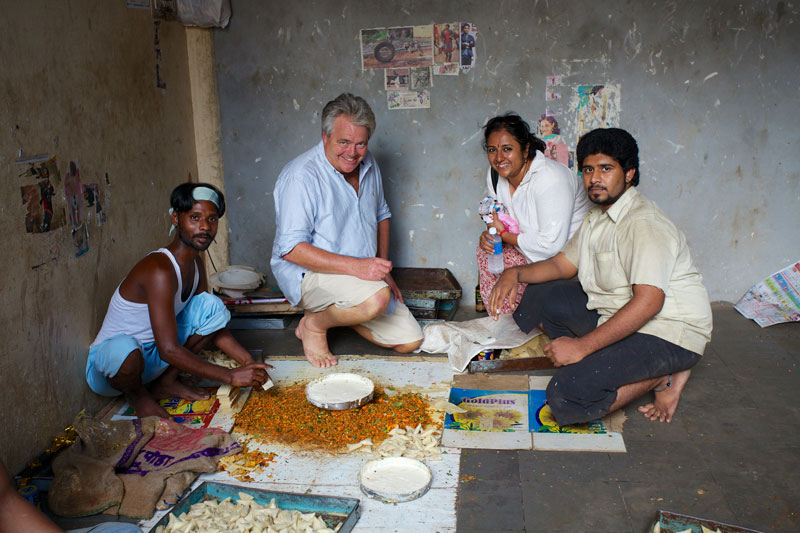
There’s a rare opportunity to dine at a private home, and we don’t hesitate. Begum Mumtaz’s home is filled with antique furniture, vintage crockery and old portraits of Hyderabadi nobility, the air heavy with memories of another era. The table is set with old-fashioned grace, and she speaks of food using a different vocabulary. She has cooked lukhmi, lagan ke kebab, bilambu ka do pyaza and much more. For decades, she has done what was considered unimaginable by her mother’s generation –not only did she cook herself, rather than leaving things to her staff, but she also taught generations of girls the fine art of Hyderabadi cuisine. Begum Mumtaz warms to her topic slowly, but she is a treasure trove of food lore, and she and her daughter have fascinating stories about the old kitchens of the city that they grew up with. These are families that have guarded their culinary secrets for generations –it’s a privilege to have access to their world.
Touring Hyderabad with Jonty reminded me of the way we once viewed food and enjoyed it outside of our homes. In a few short days, I was aware of the staggering depth and range of food available in just one city, drawn from many, nuanced traditions. What a wealth of food history there must be, waiting to be explored across the country.
– Jonty Rajagopalan also conducts similar tours of Amritsar, Calcutta and Ahmedabad. www.detoursindia.com
Other Lessons In Food History was published in Food Lovers Magazine, Spring 2015.
Image Credits: Jonty Rajagopalan

